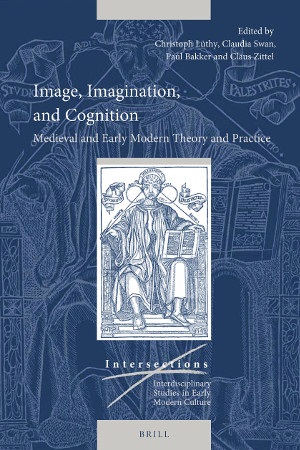
How were the relations among image, imagination and cognition characterized in the period 1500 –
1800? The authors of this volume argue that in those three centuries, a thoroughgoing
transformation affected the following issues: (i) what it meant to understand phenomena in the
natural world (cognition); (ii) how such phenomena were visualized or pictured (images, including
novel types of diagrams, structural models, maps, etc.); and (iii) what role was attributed to the
faculty of the imagination (psychology, creativity). The essays collected in this volume examine
the new conceptions that were advanced and the novel ways of comprehending and expressing the
relations among image, imagination, and cognition. They also shed light, from a variety of
perspectives, on the elusive nexus of conceptions and practices.
Flyer (*.pdf) |
Brill

